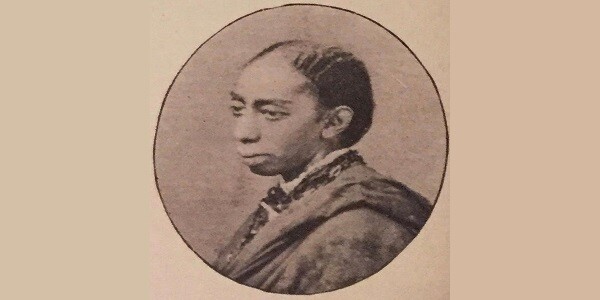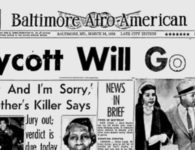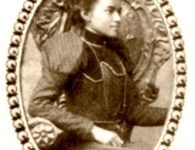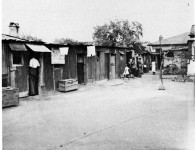Photo credits: Fair Use Image
On May 31, 1831, Eliza Ann Gardner was born. As a Black abolitionist, religious leader, and activist for women’s rights, she was an important figure in the anti-slavery movement.
James and Eliza Gardner had a daughter named Eliza Ann Gardner in New York City. The family relocated to Boston, where her father worked as a shipping contractor when she was a little girl. The abolitionist movement in Boston had its nexus in their West End district. Abolitionists educated her in the only public school for black students in Boston at the time. 20 North Anderson Street, where her parents lived, was a station on the Underground Railroad. In addition, she was a distant cousin of W. E. B. Du Bois.
Due to the paucity of educational and professional alternatives available to African-American women, Gardner decided to pursue a career as a seamstress despite her scholastic prowess and several scholarships. While working as a seamstress and then as a boarding housekeeper, Gardner was engaged in her church and the anti-slavery struggle as a young lady. Abolitionists like Frederick Douglass, William Lloyd Garrison, and Wendell Phillips were among those she met and worked with throughout her time as a social activist.
While this was going on, she was also serving as Boston’s Sunday school superintendent for the African Methodist Episcopal Zion Church. For the purpose of raising finances to send missionaries to Africa, she established the Zion Missionary Society in New England in 1876. Originally called the Ladies’ Foreign Missionary Society, the Ladies’ Home and Foreign Missionary Society was named after Gardner. She ran into opposition in 1884 when the male-dominated AMEZ Church opposed the formation of a women’s association. Her fundraising attempts failed.
The status of women in the church was successfully defended by Gardner at the church’s quadrennial conference. She stated:
“I hail from Old Massachusetts, where we have stated that everyone, not just men but women too, is made free and equal. After the fall of man, we were placed beneath your feet, and we were meant for submission to your will. We cannot assist you in New England if you continue to speak about the supremacy of men.”
When the church allowed women to become pastors, she was influential in pressing them to “strengthen [women’s] efforts and become a power.”
She served as the chaplain of the First National Conference of the Colored Women of America in 1895, during a time when female chaplains were uncommon. She was a founder member of Boston’s first black women’s organization, the Woman’s Era Club of Boston. In 1908, she was a guest of honor at the biannual conference of the National Association of Colored Women Clubs in New York City. She’s never been married and has never had children. On January 4, 1922, Eliza Ann Gardner died of coronary thrombosis.
In Springfield, Massachusetts, the Gardner Memorial A.M.E. Zion Church is named in her honor.




















No comments